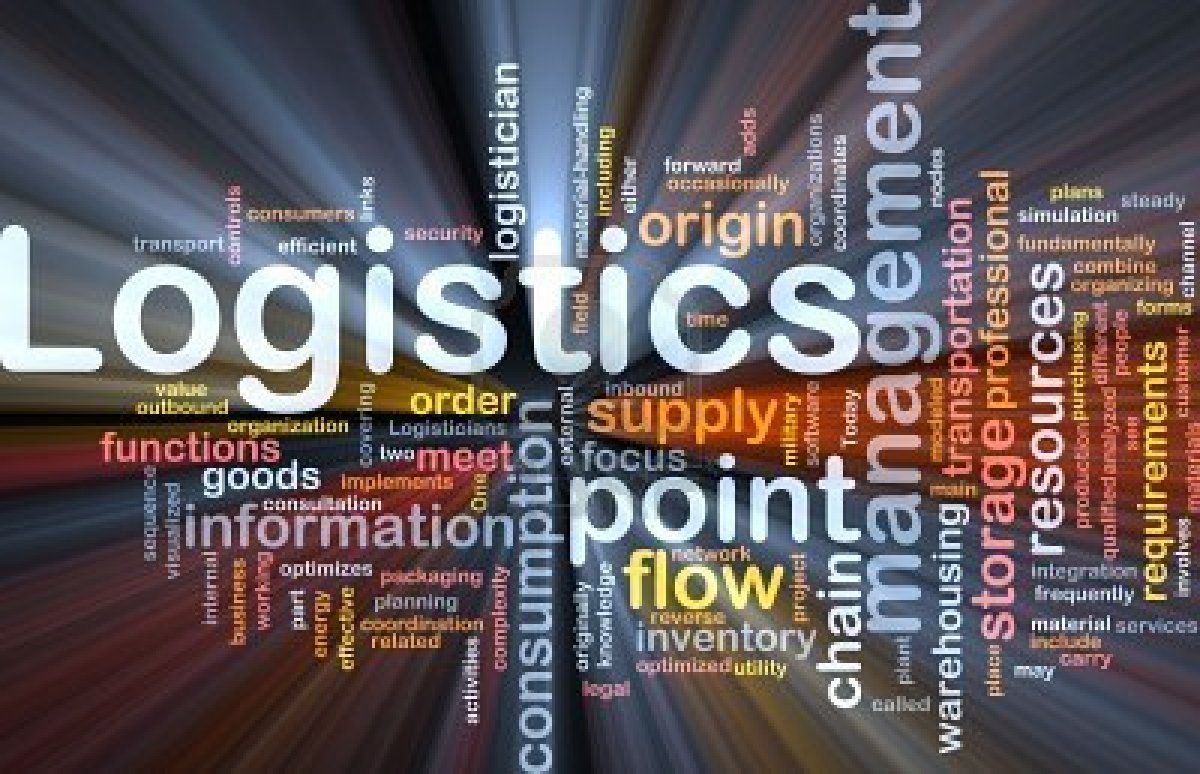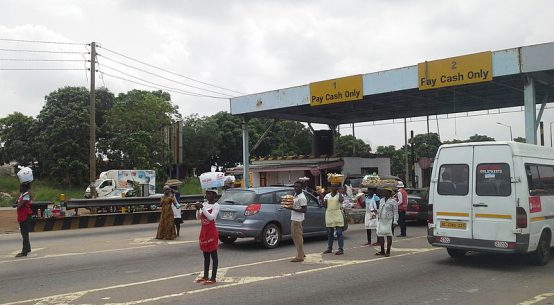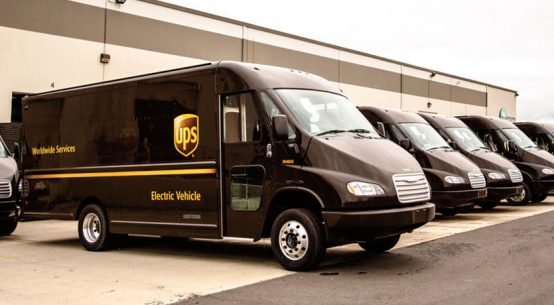
Logistics solutions have long had logic for both improving a shipper’s transportation capabilities and for doing commerce. For example, a transportation management system (TMS) optimises routing but also allows shippers to tender out to carriers in their route guide and then ensure the amount paid to the carriers is accurate.
In recent years, TMS solutions have allowed shippers to connect to load boards and find a new carrier for a route if existing carriers can’t cover the load.
Some providers of routing solutions also offer fleet asset management. These solutions can use telematics to detect when transportation assets either need service or will soon need service. The solutions have logic to help with ordering the correct parts and scheduling time in local repair yards. Routing solutions can also have logic that suggests when and where trucks should refuel to reduce their fuel bills.
But with IoT, the commerce capabilities of newer platforms are expanding. At SAP’s Leonardo Live conference in July, Kenny Hawk, the CEO of a young company called Mojio gave a presentation. Mojio is a fast-growing platform for connected vehicles. The platform is mainly for cars, but there are also truck fleets – not big rigs, but vans and trucks associated with last mile deliveries or service calls – that are connected.
While new cars come with ports you can plug your smart phone into and get GPS directions, 80% of the 1.2 billion passenger vehicles are still not connected. With Mojio, a customer that owns one of these older cars can plug a device into the OBD port of a car and generate a WIFI connection that can allow a smartphone to get GPS mapping, car diagnostics, and information on how safely drivers are operating their machines.
Mojio is partnered with T-Mobile USA. For $10 a month, customers can get GPS and telematics services. Mojio launched last November, but they already have over 300,000 subscribers.
The commerce capabilities include enabling drivers to plan and reserve a parking spot based on calendar events or search, as well as to find and pay for a spot in real time based on the connected vehicle’s location. And Mojio is envisioning using their solution for fueling services, allowing “safe” drivers to get email offers for purchasing insurance more cheaply, or getting email offers from local repair shops for maintenance services when a car’s mileage indicates these services should be performed.
The platform does not include personal information. If Michelin, for example, wanted to send an offer on buying new tires based on how far the car has travelled on the old tires, they would not know the name of the driver. Michelin would have a vehicle identification number, they would know the model and age of the vehicle, they would potentially have data on how far the vehicle has travelled on the old tires and would know the location of the driver so they could promote the closest store to the driver selling their tires.
These commerce capabilities are based on SAP’s Vehicles Network solution. This Cloud-based IoT solution is a B2B marketplace for connected car apps and services. Powered by SAP HANA Cloud, this is a worldwide network that connects buyers, such as fleet owners, with sellers, such as gas stations and parking chains. All members have access to unified APIs, inventory visibility, and process governance – and drivers have an easy way to connect to the services they need.
As opposed to traditional logistics solutions, where the intelligence and commerce are instigated and controlled by the shipper, these new platforms allow for bi-directional commerce. Outside solution providers can send pertinent offers to the appropriate vehicle owners.
Source : Forbes








